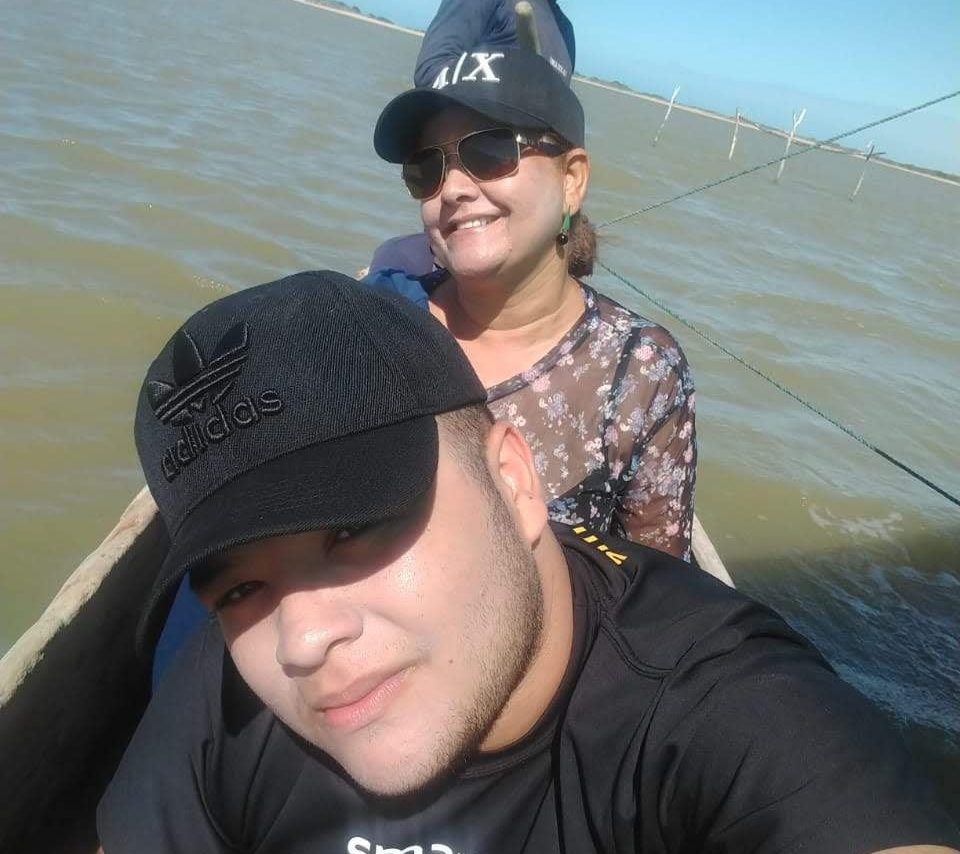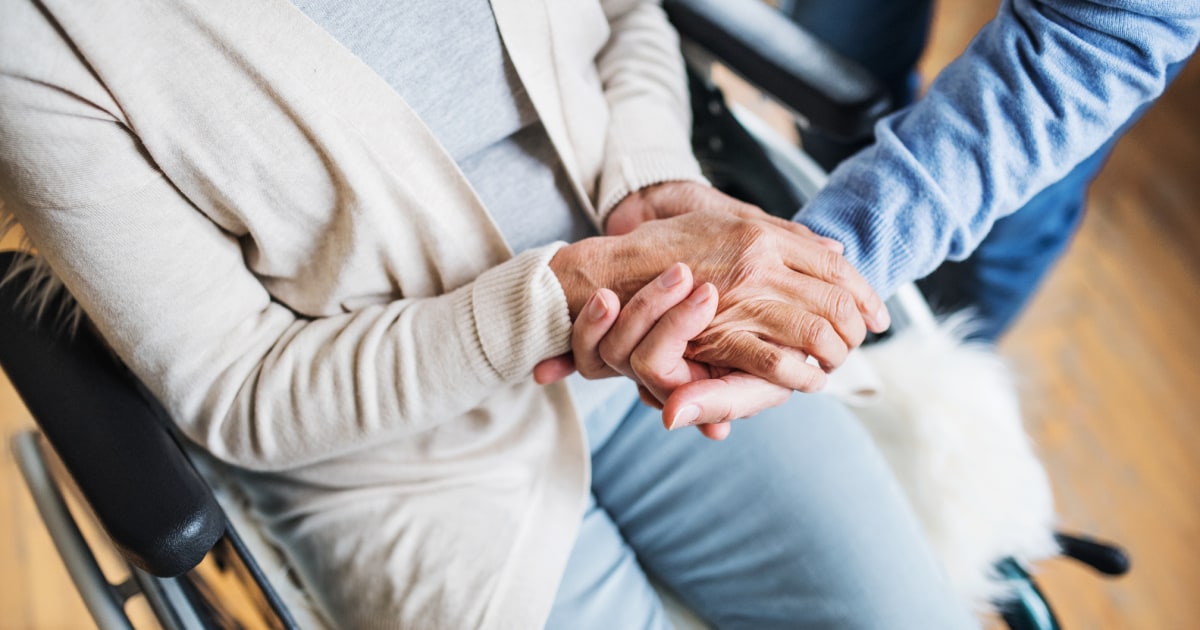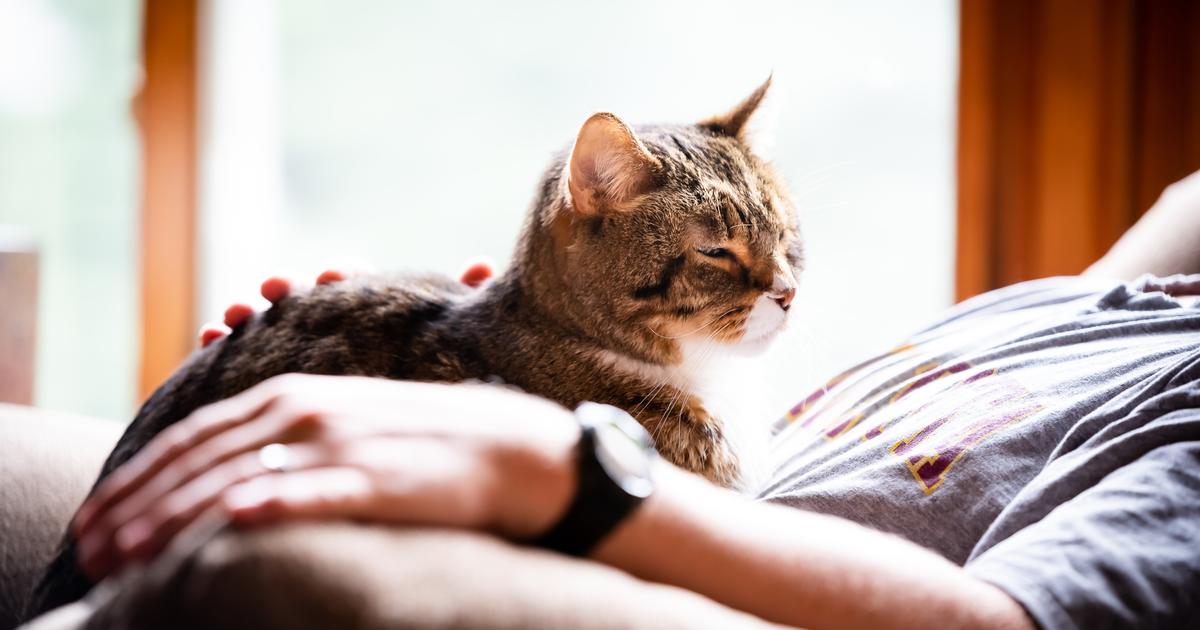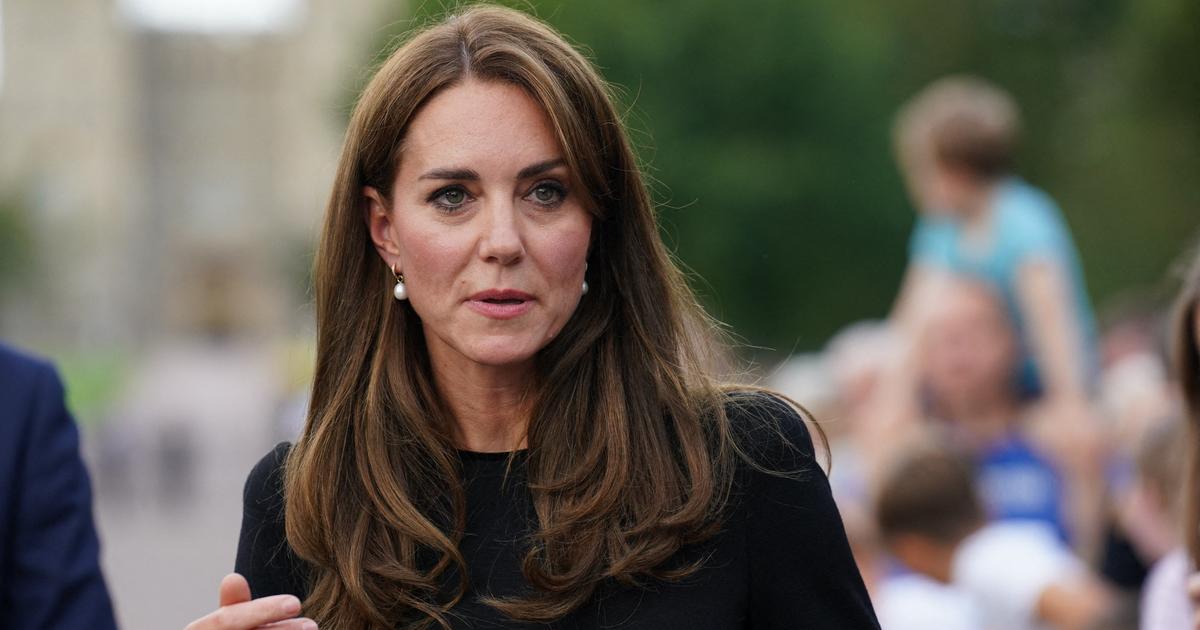Marta Sepúlveda celebrated her 51st birthday in January 2021. (Credit: Courtesy Marta Sepúlveda)
(CNN Spanish) -
Marta Sepúlveda, 51, appeared a few days ago in a television report smiling in what would be her last days of life.
He announced, in an unprecedented event in Colombia, that he was authorized to euthanize without being a terminal patient to avoid suffering from amyotrophic lateral sclerosis (ALS).
Martha Sepúlveda was going to die of her own free will on October 10 at 7 in the morning.
"I am very good. I am calmer since the procedure was authorized," Sepúlveda told Noticias Caracol in early October.
"I laugh more, I sleep more calmly."
But 36 hours before his death, the Colombian Institute of Pain (Incodol), based in Medellín, informed Sepúlveda that the procedure was not going to occur.
Incodol said in a statement that it reviewed the situation and established that she does not meet the "termination criteria as considered in the first committee."
He said that Sepúlveda "has a high probability of life expectancy greater than 6 months" and that is why he canceled the procedure.
Sepúlveda's defense and family say that his right to a dignified death was violated, that they did not request a second committee.
Meanwhile in the country there is a controversy over the cancellation of euthanasia, as many believe that they denied the possibility of avoiding suffering for women.
Others, in a deeply Catholic country, say that the only one to take life must be God.
"This is something harsh, outrageous, disrespectful. We are beaten, but also willing to move on," Federico Redondo Sepúlveda, Marta Sepúlveda's son, told CNN from Medellín.
advertising
"My mother and I are quite dismayed, outraged ... because it was a decision without even notifying us that the interdisciplinary committee was going to meet again," added Redondo Sepúlveda.
According to him, his mother returned to her previous state of "hopelessness, sadness, anxiety about her future, because they took away the security that they had given her (with euthanasia) of being able to have a dignified end to her life."
Marta Sepúlveda and her son Federico Redondo Sepúlveda. (Credit: Courtesy Marta Sepúlveda)
Euthanasia in Colombia
In Colombia, euthanasia has been decriminalized since 1997. It can be applied, according to the criteria of that time, as long as it is a terminal illness, that there is intense pain, that the procedure is requested voluntarily and that it is performed by a specialist.
But a new Constitutional Court ruling of July 2021 expanded the right to die with dignity (through euthanasia) for patients suffering from a serious and incurable disease or injury that causes intense suffering.
And under this sentence Sepúlveda requested euthanasia, according to his son.
"[Before] euthanasia was allowed but when the patient was terminally ill, with great suffering due to physical injuries or an incurable disease and that they had him in a terminal state," former Supreme Court Justice Jaime Arrubla told CNN.
"The change is that he is not required to be in a terminal state, it is enough that he has serious illnesses due to his illness or injury to proceed with the process," Arrubla added.
According to data from the Ministry of Health, between 2015 and August 31, 2021, 157 euthanasia procedures have been practiced in Colombia;
in 2015: 4;
in 2016: 7;
in 2017: 16;
in 2018: 24;
in 2019: 44;
in 2020: 36, and until August 31, 2021, 26 procedures.
The first euthanasia of a non-terminal patient
Marta Sepúlveda was going to be from this Sunday the first person in Colombia with a non-terminal diagnosis to receive euthanasia.
The woman suffers from amyotrophic lateral sclerosis (ALS), a serious, incurable and degenerative disease, for which she has already received the available medical treatments and palliative care.
Currently, according to his son, Sepúlveda "can only take a few steps with considerable support ... his hands do not give him, he does not have enough strength to lean on a cane or any other means".
It requires support to wash, to go to the bathroom, to eat and even to brush.
"That is the most critical point: that of the indignity of not being able to fully decide on it, but to depend on this in all matters, however minimal, on other people," says the son.
"In addition to the physical pain that the disease brings, it is the psychological (pain) that this situation brings."
Although the decision was initially hard for his family, his son, who described himself as "a defender of freedom" of expression and of people's self-determination, said that going through this is very hard, but he decided to support his mother.
"All those close to my mother were in denial at first," said Rondón Sepúlveda.
"I was very much a defender of freedom and of the ability to speak of people, until it was my turn to live a situation like this and you understand me."
"After a few days and after seeing the suffering, the pain, the indignity in which my mother was living, I decided to support her because I couldn't leave her alone either," he told CNN.
Colombia, the first country in Latin America to legally practice euthanasia
Marta Sepúlveda in a photo taken years ago. (Credit: Courtesy Marta Sepúlveda)
"Death is a rest"
Marta's story became massive after a report by journalist Juan David Laverde from Caracol Noticias in which the smiling woman appears enjoying her last days of life "as if death did not stalk her around the corner," says the journalist.
"One with lateral sclerosis in the state that I have it and the best thing that can happen to me is to rest. And for me death is a rest," Marta Sepúlveda told Noticias Caracol.
She said she was very calm with her decision: "I am a Catholic person. I consider myself to be a very believer in God. But I repeat: God does not want to see me suffer ... I believe in a God who does not want to see me like this."
After that report, Marta's story went viral and a few days later, when several media outlets reported the history of the decision, Incodol's announcement came from the second committee that neither Sepúlveda nor her family requested.
"It is still very particular that all these circumstances and arbitrary actions on the part of the IPS have taken place just after the news went viral," said Rondón Sepúlveda.
"In addition, in the minutes of the committee that decided the cancellation of the procedure, what is cited is the news event. They say no, that in the news they saw a change in my mother's conditions, that is, not a personal assessment. My Mom does not know the members of the committee, they did not communicate with her, "he added.
CNN en Español tried to contact Indocol for a comment on the cancellation of euthanasia, but has received no response so far.
Federico Rondón Sepúlveda, son of Marta Sepúlveda, spoke from Medellín with CNN about the euthanasia of his mother.
"God does not want to see me suffer"
The Colombian Episcopal Conference asked the woman "to calmly reflect on her decision" and said that the media took her pain to "make a kind of propaganda for euthanasia, in a country deeply marked by violence."
"Death cannot be the therapeutic answer to pain and suffering in any case," says the Catholic Church in Colombia.
"Death caused by assisted suicide or euthanasia is not compatible with our interpretation of the dignity of human life, as is the use of palliative care."
But Sepúlveda said, convinced that although God is the owner of life, he does not want to see her prostrate in bed.
“I know that the owner of life is God, yes, that is, nothing moves without his will, but I believe that he is allowing this, he is rewarding me in a certain way because I will not be prostrate in a bed, "the woman told Noticias Caracol.
Meanwhile, Federico, his son, says that they respect the opinions, beliefs and spirituality of all those who have expressed their opinion in this case.
And he says that making his mother's case public has served to make people talk about euthanasia in the country.
"For me, people have the right to say what they want, to believe what they want, to exercise their faith in the way they want and to express it," he told CNN en Español.
"What I can tell you is that living this up close and facing it is a very different matter and that not everything is as it is seen in the media."
"We will fight to the end"
Although the cancellation of euthanasia - a procedure that was to take place on Sunday, October 10 at 7 AM - allowed Federico to spend one more day with his mother, they will continue to insist on a dignified death for her.
"We will be willing to fight for the dignity of my mother until the last consequences since her decision has not changed at all because of this event," he said.
According to Marta Sepúlveda's lawyer told CNN en Español, they will file a guardianship to access a dignified death for her.
"I think it's good that this has generated everyone expressing and expressing their opinions and let's say that was the goal: to start talking more about the subject, because it is something necessary and transcendental," says Federico.
And Marta herself sent a message to those who think it is cowardice that she does not continue fighting: "I am fighting to rest."
Euthanasia in Colombia









